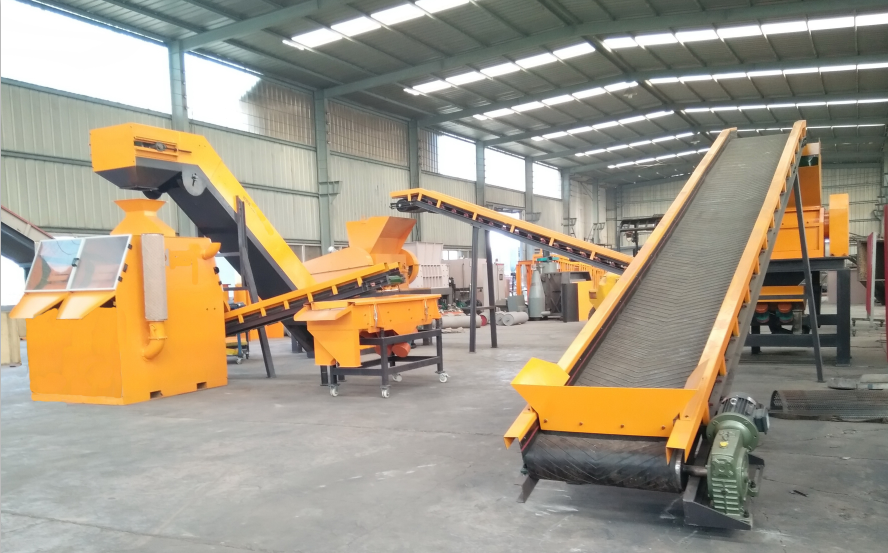

नोव्हेंबर . 01, 2024 18:20 Back to list
The Importance of Aluminum Recycling Plants
Aluminum recycling plays a crucial role in sustainable development and the conservation of natural resources. Aluminum is one of the most recycled metals worldwide, and its processing from scrap significantly reduces the need for virgin resources. Aluminum recycling plants are essential facilities that focus on the collection, processing, and repurposing of aluminum scrap to create new products, thereby minimizing waste and environmental impact.
The recycling process begins with the collection of aluminum products, such as cans, foil, and construction materials. These items are then transported to recycling plants, where they undergo a rigorous sorting process. Advanced technology, including magnetic separators and optical sorters, is often employed to ensure that only aluminum materials are processed, increasing the efficiency and quality of the recycled output.
Once sorted, the aluminum scrap is cleaned to remove any impurities, such as paint, coatings, or contaminants. After cleaning, the aluminum is shredded into smaller pieces, making it easier to handle and prepare for melting. The next crucial step involves melting the shredded aluminum in large furnaces. This process requires significantly less energy than producing aluminum from raw bauxite ore; in fact, recycling aluminum saves about 90% of the energy required for primary production.

After melting, the molten aluminum is poured into molds to create ingots or other forms. These can be transported to manufacturers, who then use the recycled aluminum to produce new products, ranging from cans and packaging to automotive parts and aircraft components. The circular economy promoted by aluminum recycling not only conserves resources but also reduces greenhouse gas emissions associated with mining and processing raw materials.
Moreover, aluminum recycling plants create numerous job opportunities within communities and contribute to local economies. By investing in recycling infrastructure, governments and private sectors can pave the way for a more sustainable future. The increased awareness regarding environmental issues has propelled the demand for recycled aluminum products, creating a thriving market that benefits both the planet and the economy.
In conclusion, aluminum recycling plants are vital for promoting sustainability and reducing environmental impact. By efficiently collecting and processing aluminum waste, these facilities contribute to a circular economy that conserves resources, saves energy, and fosters economic growth. As society becomes increasingly aware of the importance of recycling, the role of these plants will only continue to grow in significance, making them a cornerstone of our efforts towards a sustainable future.
Latest news
Industrial Double Shaft Shredder Machine: Powerful & Efficient Shredding
NewsAug.29,2025
High-Efficiency Copper Wire Granulators | Best Price for Sale
NewsAug.28,2025
Eddy Separator for Non-Ferrous Metals
NewsAug.22,2025
E Waste Bin for Collected Spray Cans: Sustainable Disposal Solutions
NewsAug.22,2025
Dual Shaft Shredder with Adjustable Blade Gaps
NewsAug.22,2025
Hammer Crusher Machine With Secondary Crushing
NewsAug.22,2025